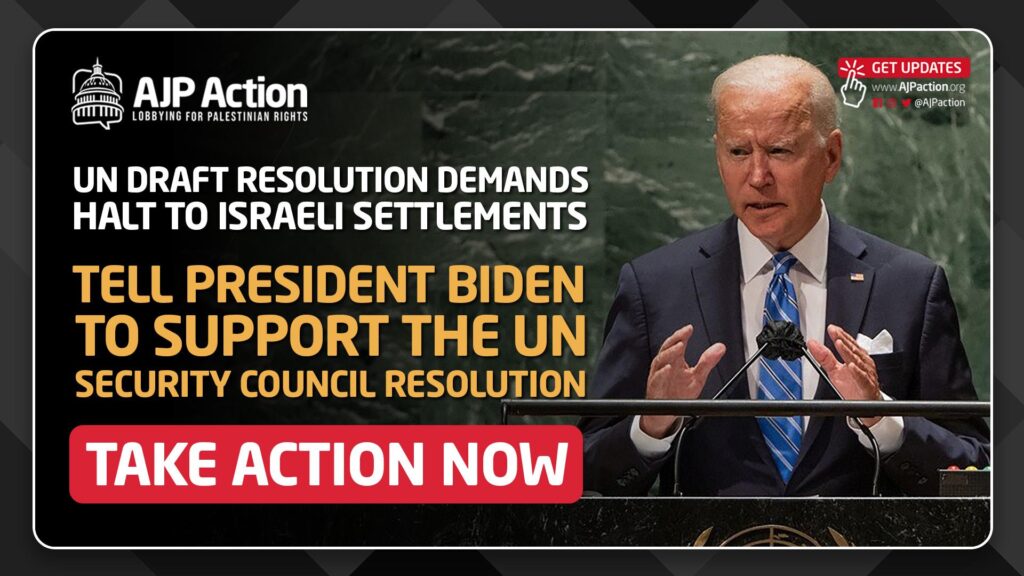In the uncertain landscape of the Israeli-Palestinian conflict, tensions once again reached a boiling point as suspected settlers launched violent attacks on Palestinian villages just hours before President Trump’s controversial decision to rescind sanctions imposed by his predecessor, President Biden. The clash between protestors and settlers highlights the ongoing struggle for peace and stability in the region, drawing attention to the complex dynamics at play in this long-standing conflict.
Background of Suspected Settlers Attacks on Palestinian Villages
Hours before President Trump rescinded Biden’s sanctions, suspected Israeli settlers launched a series of attacks on Palestinian villages in the West Bank. These attacks resulted in several injuries and widespread destruction of property.
- Multiple Palestinian homes were vandalized and set on fire.
- Residents reported being physically assaulted by the settlers.
- Local authorities are investigating the incidents and are working to identify the perpetrators.
The timing of these attacks, just hours before a significant political development, has raised concerns about the escalating tensions in the region. The violence has intensified the longstanding conflict between Israeli settlers and Palestinian communities, further complicating efforts for peace and reconciliation.
Timing of Attacks in Relation to Trumps Rescinded Biden Sanctions
Suspected settlers reportedly carried out attacks on Palestinian villages just hours before President Trump rescinded Biden sanctions, causing chaos and fear among the residents. The timing of these attacks raises questions about potential motives and connections to larger political events.
The attacks included vandalism, arson, and property damage in several villages, leading to injuries and displacements of Palestinian families. The proximity of these incidents to the political decision regarding sanctions adds a layer of complexity to an already volatile situation in the region. As tensions continue to escalate, it is crucial for authorities to address the root causes of such violence and ensure the safety and security of all communities involved.
Impact of Political Climate on Incidents of Violence
Recent events have highlighted the delicate balance between political actions and on-the-ground violence in the Israeli-Palestinian conflict. Hours before President Trump rescinded Biden sanctions on settlements in the West Bank, suspected Israeli settlers launched attacks on Palestinian villages in the region. The timing of these incidents raises questions about the influence of political climate on the escalation of violence in the area.
The attacks left several Palestinians injured and further strained relations between the two communities. The volatile situation underscores the need for a more nuanced approach to resolving the conflict, one that takes into account the impact of political decisions on the ground reality. As tensions continue to simmer, it is crucial for leaders on both sides to prioritize dialogue and diplomacy to prevent further escalation and bloodshed.
Recommendations for Preventing Future Attacks and Promoting Peace
Following the recent attacks on Palestinian villages by suspected settlers, it is crucial to implement strategies that can prevent future incidents and promote peace in the region. Here are some recommendations to consider:
- Enhanced Security Measures: Increase security presence in vulnerable areas to deter potential attackers and provide a sense of safety for residents.
- Dialogue and Mediation: Facilitate discussions between conflicting parties to address underlying issues and work towards peaceful resolutions.
- Community Engagement: Foster relationships between different communities through cultural exchanges and collaborative projects to build trust and understanding.
Furthermore, investing in education and economic opportunities for all residents can help reduce tensions and create a more harmonious environment. By addressing the root causes of conflict and promoting mutual respect, we can move towards a peaceful coexistence for all individuals in the region.
In Conclusion
As tensions continue to escalate in the Israeli-Palestinian conflict, the recent attacks on Palestinian villages by suspected settlers serve as a stark reminder of the ongoing violence and unrest in the region. The timing of these attacks, just hours before President Trump rescinded sanctions imposed by President Biden, raises questions about the impact of political decisions on the ground. As we navigate through these complex and volatile times, it is crucial to seek understanding and dialogue in order to work towards a peaceful and just resolution for all parties involved. Only through empathy and communication can we hope to bridge the divides that have caused so much pain and suffering in this troubled region.


